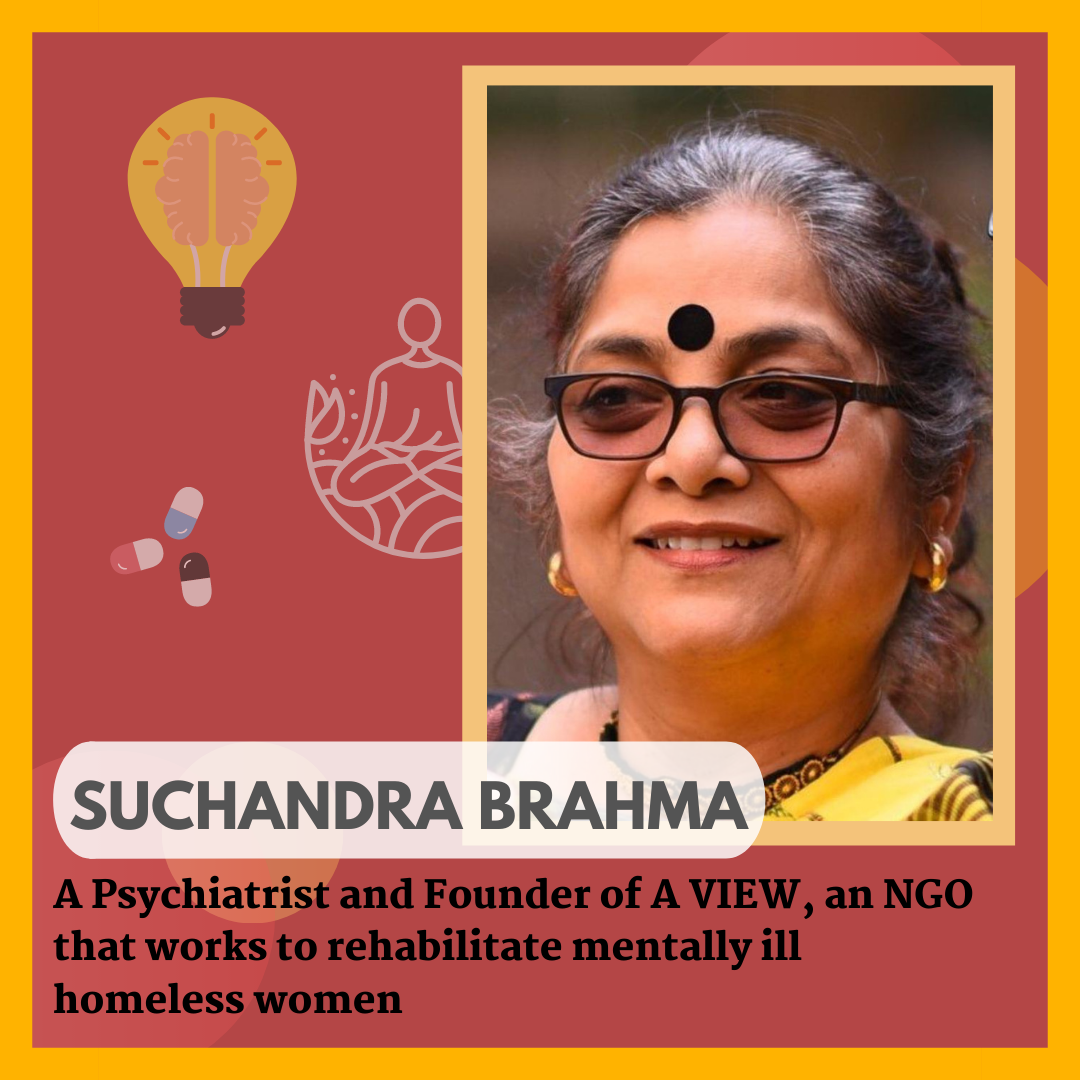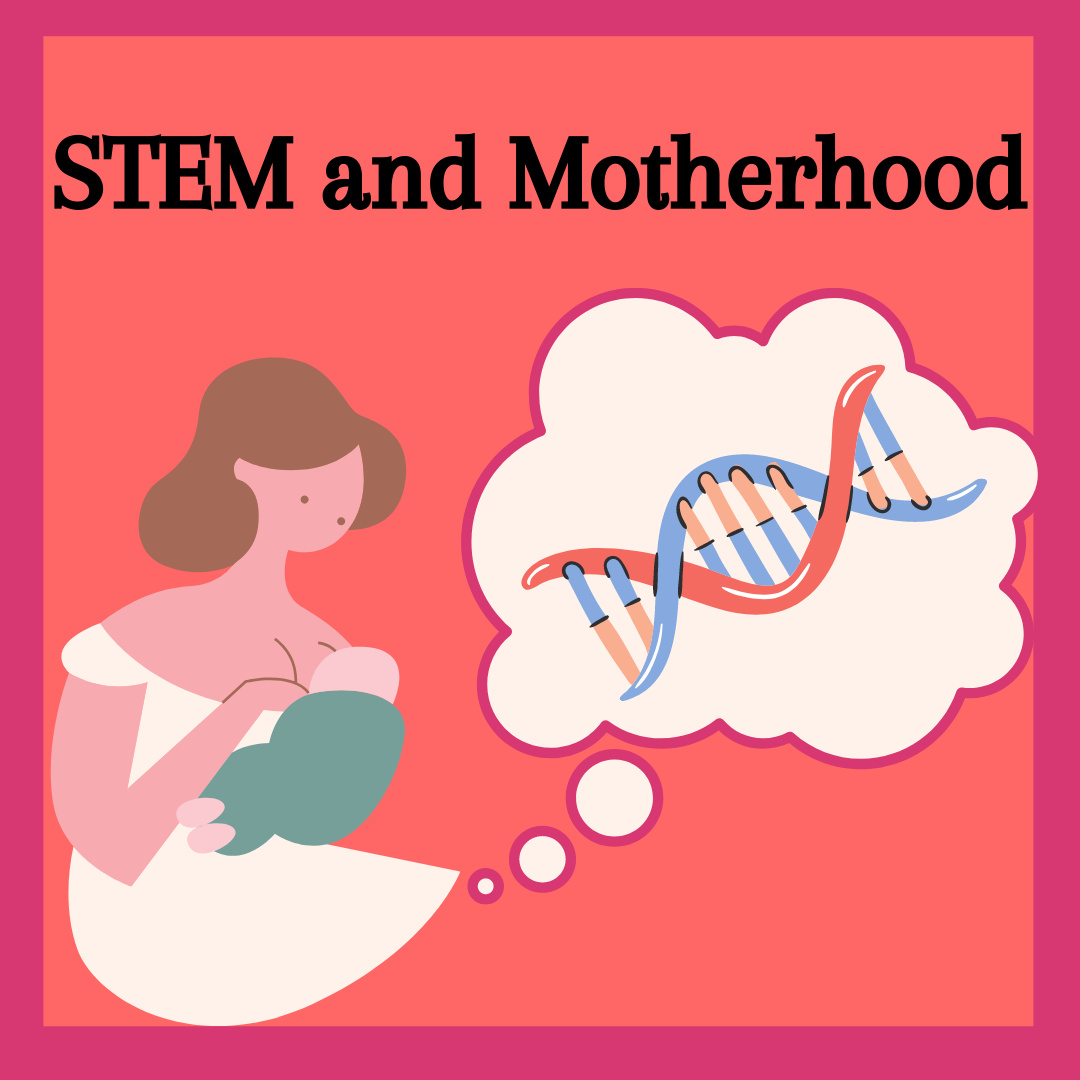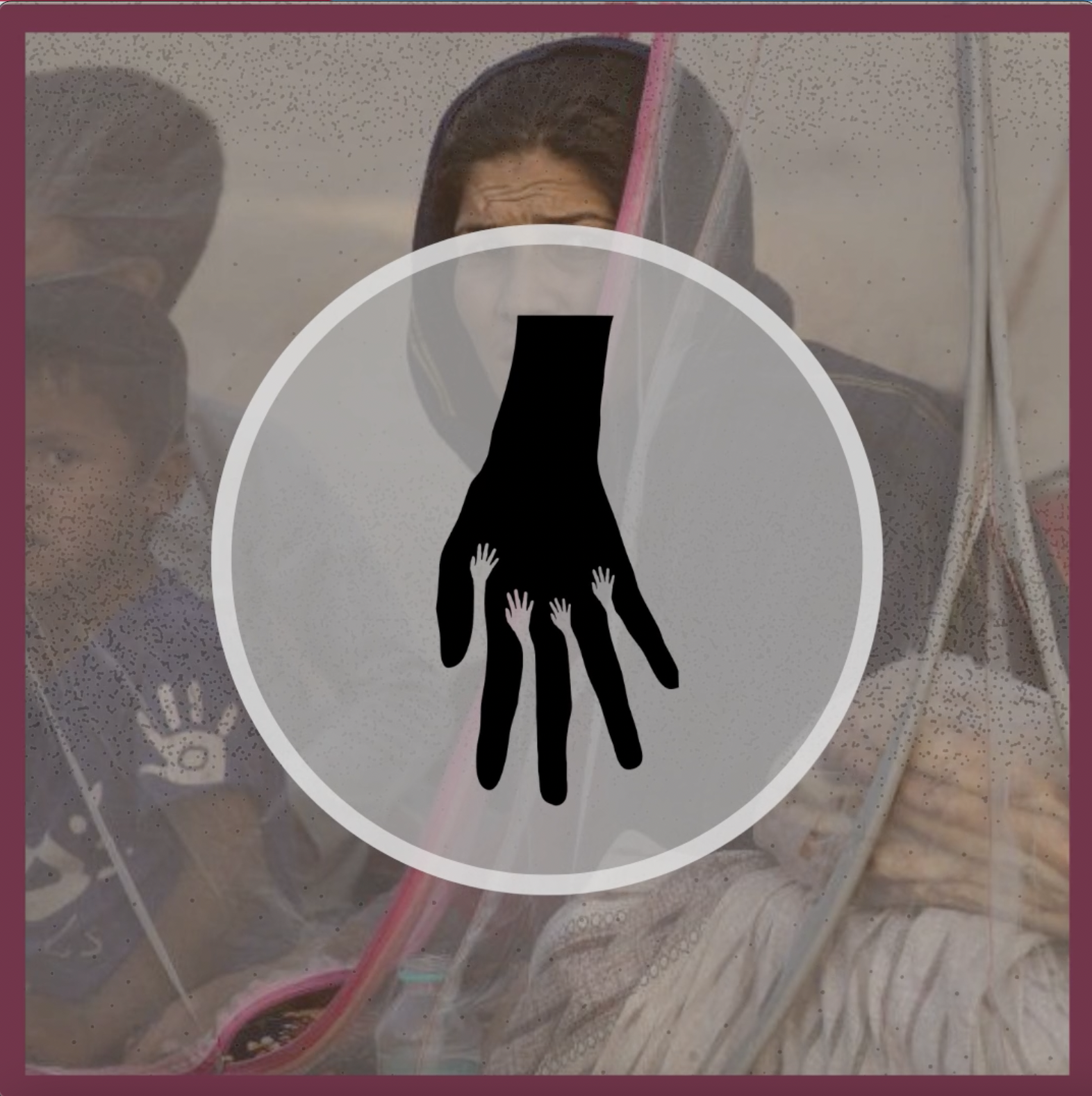We, at MilkshakeFromMars, aim to share the stories of women in science. We aim to celebrate their work and highlight their achievements even in highly discriminatory academic and work environments. In order to talk about the reality of the world of STEM, we believe it is absolutely essential to actually sit down with some of the women who live and thrive in the community. Today, we are featuring our conversation with Suchandra Brahma, a woman who is transforming the lives of hundreds through her NGO A VIEW.
Suchandra Brahma started A VIEW (A Village for Independent and Enterprising Women) back in 2007. Their mission includes rehabilitating mentally ill women locked in psychiatric wards in hospitals. They also help women who are cast out by their families out into the open community. A VIEW provides them with quality medical support and an accepting community. They even teach them skills which they can use to empower themselves. Head over to their website to donate to this incredible initiative. Here is our conversation with the inspiring woman who made this amazing organization a reality!
Congratulations Suchandra Brahma for being one of the 50 Beautiful Women of India of 2020. Here’s to courageous and outspoken gamechangers like you!
Mental health and the importance of it has become very relevant in the last few years. In fact, last month we even celebrated mental health day. Could you tell us a little about the work you do, especially the work related to mental illnesses and women?
Our model of treatment is unique.We are the only unlocked psychiatric facility that provides all round care. From rescuing women off the streets, through to the process of treatment to recovery, rehabilitation and restoration into mainstream society. The process for each individual varies from 1 month to 10 years. Our organization helps women who are mentally ill and homeless. A VIEW tracks them on the streets, assesses their needs and starts giving them food and medications. We do this till they can understand that staying on a shelter is a better solution than living on the streets. We then transfer them to our rural facility. Here we provide them with food, shelter and medical and psychiatric treatment. When their mental illness is under control, we start a rehabilitation process. This includes giving them duties and tasks to perform within the community, like sweeping, mopping and kitchen duties.

What motivated you to start this work? What are some challenges that you faced in setting it up and making it a tangible reality?
A VIEW started as a thought when two friends were talking about the rudimentary system of psychiatric care in West Bengal and as an extension in India.
Mental hospitals are over-crowded with patients who were abandoned by families, never to be taken back even when their illness is in remission (symptom free with treatment). The stigma and fear continue to this day about mentally ill patients being violent and aggressive. As a result, they are shunned from the family and society. Women affected by these illnesses are often young when they become homeless. This makes them prey to trafficking, sexual and physical abuse on the streets. This trauma complicates the already compromised mental state. Women get pregnant with no resources to sustain a healthy pregnancy to term. They are then unable to care for the newborn leading, to a vicious cycle of homelessness.
I had the opportunity to study psychiatry in Kolkata from Medical College Kolkata, a MS degree from Mayo Graduate School in Minnesota and completed an MD from Wayne State University in Michigan USA. I work in both countries helping patients from all strata of life.
A decision to relocate to Kolkata in 2003 was based on the idea that mental health treatment needs to change at a grass roots level.
With the help of family and friends a nonprofit organization was set up in 2007.
People in STEM have especially busy schedules and it’s easy to disregard wellbeing. What would you say is your go-to wellness activity? What are some practices we can incorporate into our lives to stay healthy?
The things to try are:
Sleep 6-7 hours at night, have a good sleep hygiene, no TV or electronic media involvement for 30 mins before sleep. Use music that is relaxing before sleeping.
Yoga for 30-40 mins daily, any time of day if incorporated is a good way to relax the mind.
Practicing mindfulness.
Have a group of friends to lean on and have fun times.
Reading books that have been waiting for you on the shelves
Our blog, MilkshakeFromMars works to promote women in the sciences. As a woman in science yourself, do you think women experience a disadvantage in pursuing their careers compared to men?
When I was growing up, I would say yes. I remember my dad, who was a civil engineer, saying he did not want me to be one as there was an obvious bias in the jobs and pay scales offered to women. I do think it is not so anymore today. However, I am talking about the educated middle-class population. I do believe that house holds with limited resources could preferentially send a boy in the house to become an engineer. In place of a girl if they must choose. In the work force too, the bias continues with employers thinking that the woman would leave to have a marriage and children giving it more importance than a career, and there is less flexibility at the work place for women to fit in. The current workplace demands that the woman fit into the mold made for men.
Especially during this time, when colleges and schools remain closed with no opening date in sight, is there some advice you have to encourage young people and help them deal with their mental health?
I have a skewed opinion about this. It is interesting to note that as long as all personal interactions were possible, this generation has grown up and preferred relating via electronic media as the primary platform of ongoing interactions. It is only now that this is considered restrictive it seems a difficult thing to follow. I believe a lot of what we are experiencing now in terms of social isolation will have to be resolved in different ways as this is going to become the norm of the not so distant future. Work and education is going to become remote, and socialization will be a combination of local friends who are in the same geographical area where you meet face to face, and some distant who you meet on virtual platforms.
A more direct answer to your question is to have a daily routine and follow it like when you were in school. Wake up on time, get into work clothes instead of lounging in sleepwear all day, have breakfast on time etc. Break up your day into chunks of time and have tasks assigned, be it work or play or lounging about. Another way to keep away frustration is to have a set of long-term goals and work backwards to see what you need to do now. And if there are roadblocks then find patience in dealing with them constructively instead of gradually giving in to hopelessness and helplessness.

What advice do you have for young girls in today’s social context?
Sky is the limit if you want to aim high.
Keep in mind that being happy is one of the most important things to aim for. This does not always come from being first in school and college, having the best job or the highest salary. Being a feminist is not about wanting and getting everything a man does but wanting and getting everything that you want.
Thank you Suchandra Brahma for being such an inspiring changemaker in today’s world. Being self motivated to help the helpless is a trait not many act on. We urge every one of you to head over to A VIEW‘s website and donate to this amazing cause. xTeamMilkshakeFromMars
If you like this post, you may like our other work too!
- March 2022
- August 2021
- July 2021
- June 2021
- May 2021
- April 2021
- March 2021
- February 2021
- January 2021
- December 2020
- November 2020
- October 2020
- September 2020
- August 2020
- July 2020
- June 2020
- May 2020
Subscribe to help us keep you updated with our posts!




Leave a Reply